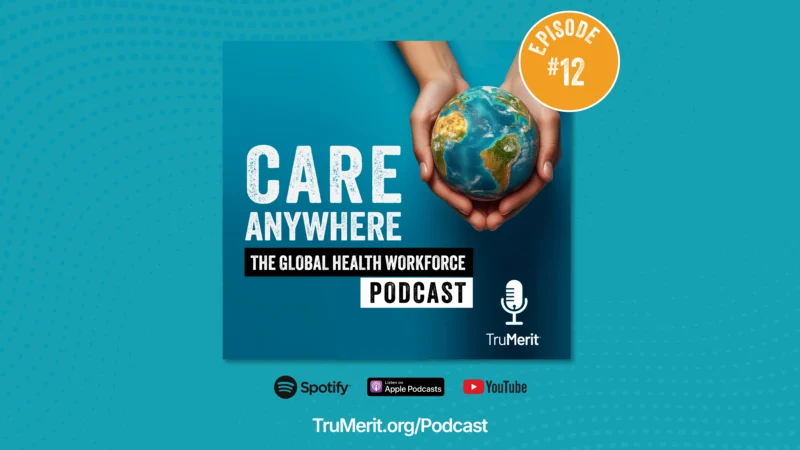How Life Science Manufacturing Facilities Can Successfully Adapt To Change
In this podcast episode of “Exceeding Your Benchmark,” host Gabrielle is joined by Ashley Harp, Lead Process Engineer at CRB. They discuss the challenges manufacturing facilities like Life Science Companies are facing as they adapt to new technologies and advancements in manufacturing, specifically in the area of combining highly potent active pharmaceutical ingredients (HPAPIs) and monoclonal antibodies into antibody-drug conjugates (ADCs).
Ashley explains that these changes in drug delivery allow for targeted therapies and that ADCs are a combination of HPAPIs and monoclonal antibodies, chemically bound together via a linker. The goal of ADCs is to increase the therapeutic window by delivering a drug directly to a target cell and minimizing off-target effects and systemic responses. Ashley notes that even though these therapies have been around for a long time, recent improvements in synthesis, linker technologies, and regulatory approvals are driving rapid growth and change in the industry.
One of the main challenges Ashley highlights is the need for a balance between containment and cleaning, and aseptic facility design in ADC manufacturing. In the past, equipment and facilities were designed for either aseptic manufacturing or for product and personal protection, but now the standard and expectations are for both.
“We’ve completed risk assessments, changed design of equipment, improved facility design all to allow for high standards for both personal protection as well as product protection.”
Advances in cleaning practices and materials have also led to new test methods to check for the presence or absence of contaminants in new products.
Another challenge is a lack of adequate manufacturing capacity, especially due to the focus on COVID-related products. Ashley emphasizes the need for facilities to be designed for the right products and “not just high-speed, high-throughput production”.
Gabrielle and Ashley continue to discuss the challenges companies face in transitioning from clinical to commercial life science manufacturing. Ashley highlights the need for expertise in small-scale production, safety, and efficient scaling as clinical trials progress. They also discuss the importance of rapid changeover between different drug products in clinical facilities and the need for improved delivery systems as they move into late-phase clinical and commercial manufacturing.
As companies move to larger scales, the processes need to be more efficient, with methods for personnel and material movement, ensuring that the space remains clean, and understanding the increased use of cleaning materials and sanitizing agents. The focus on contamination control strategies is also emphasized, with an increased expectation that manufacturers prove that they have strategies for microbial and cross-contamination.
The host and Ashley also discuss the importance of sustainability and waste handling as companies move into commercial manufacturing and the need for companies to decide whether to build or adapt their own in-house manufacturing facilities or partner with a contract manufacturing organization (CMO). Ashley advises that companies should consider experience and scheduling, along with the robustness of their internal quality systems, when making this decision.
Overall, the podcast highlights the ongoing challenges in the industry as companies adapt to new technologies and advancements in manufacturing, specifically in the area of ADCs.



